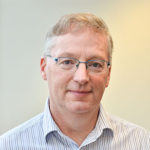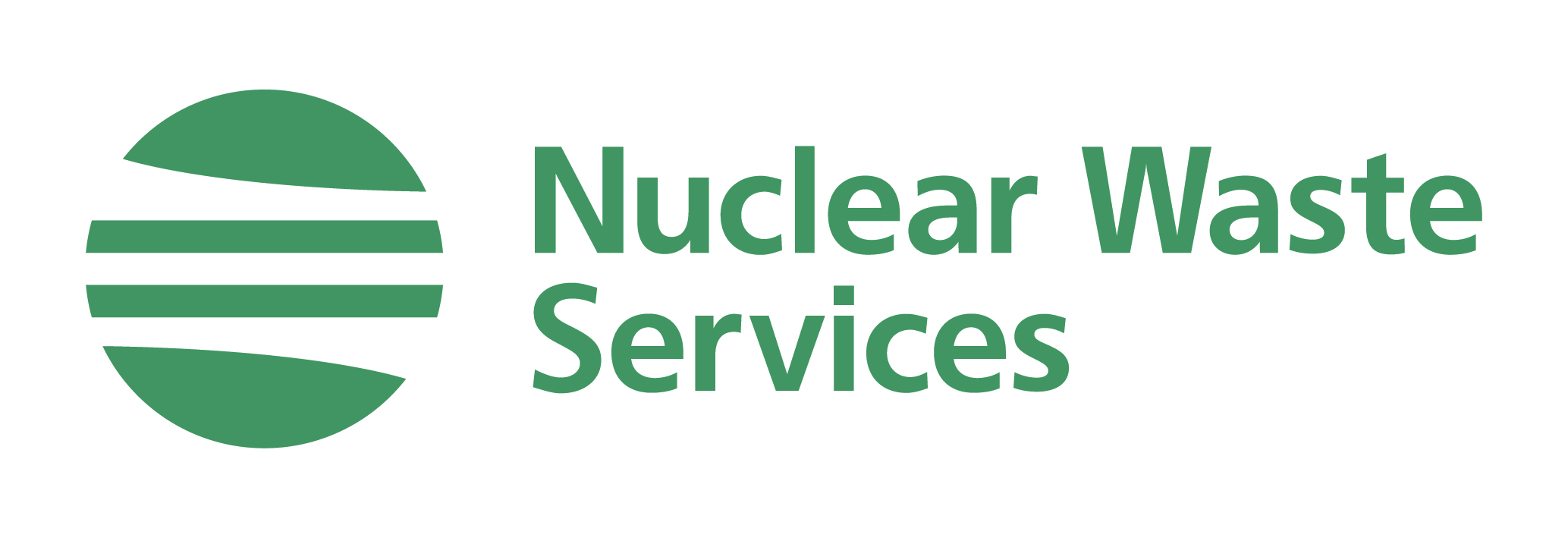Social research is key focus for new geological disposal research support office
To support the delivery of research into safe geological disposal of radioactive waste, a new £2.5m collaborative venture has been launched with The University of Manchester and the University of Sheffield.

Based at The University of Manchester’s Dalton Nuclear Institute and headed by Professor Katherine Morris, the new Radioactive Waste Management Research Support Office (RWM RSO) will build an academic community across the UK and, with national and international collaborators, to focus on developing underpinning research to support safe geological disposal of the UK’s higher activity radioactive wastes.
Within the RWM RSO’s central research themes is a significant focus on the social elements of geological disposal with themes on applied social science and public communication of science.
RWM is responsible for implementing geological disposal of the more highly radioactive material on behalf of the UK government. The intention is to seal the waste in a Geological Disposal Facility (GDF) to remain safe for potentially hundreds of thousands of years.
A host community must be found for the site and, a unique process within government, communities will volunteer to host these facilities in return for long term economic benefits. It is therefore critical that RWM presents a safety case that satisfies both the regulator and the host community, and understands how best to develop and maintain relationships with host communities.
Lead by Professor Richard Taylor, cofounder of The Beam, the RWM RSO’s applied social science theme will explore the societal and socio-economic aspects of geological disposal, including how public trust and confidence can be developed and sustained with potential host communities.
Richard said “We are delighted that RWM has recognised the critical importance of social research within the framework of a consent-based process. We look forward to helping RWM define and develop a truly world leading research portfolio that provides unique insights into working with communities in this way.”
The siting process will require working in partnership with potential host communities and so effective communication of research and research findings to both expert and lay stakeholders will be essential.
The RWM RSO will further extend expertise by appointing a discipline lead for public communication of science via a dedicated call over the coming months. This theme will focus on research into effective techniques and methods for public communication of complex science and technology to underpin RWM’s communication strategy.
The RSO will begin fulfilling its objectives with a series of online events taking place between 16-18 September 2020. Open to all UK-based researchers and stakeholders, the events will be a combination of knowledge sharing and collaborative research sandpits to define immediate research priorities. Visit the website and register to reserve your place.



